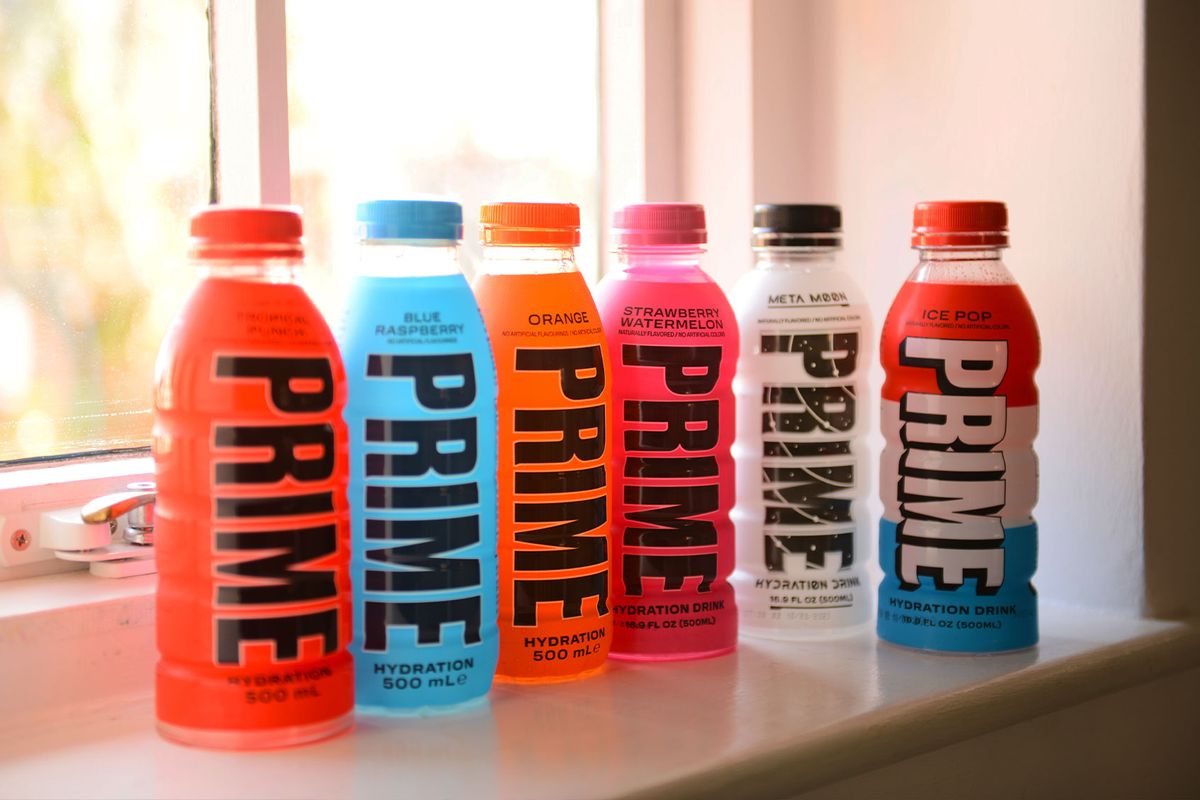Senator Chuck Schumer called on the Food and Drug Administration (FDA) Sunday to investigate Prime brand energy drinks over its potentially dangerous levels of caffeine. The beverage brand, founded by YouTube stars Logan Paul and KSI, became a grocery store sensation after its launch and quickly found its fan-base among teens and pre-teens. Prime is touted as zero sugar and vegan, but a closer look revealed that the drink has elevated levels of caffeine — 200 milligrams per 12 ounces, which is equivalent to about half a dozen cans of Coke or nearly two Red Bulls.
"One of the summer's hottest status symbols for kids is not an outfit, or a toy — it's a beverage," wrote Schumer in his letter to the FDA. "But buyers and parents beware because it's a serious health concern for the kids it so feverishly targets." Although the brand does contain a "not recommended for children under 18" disclaimer on its bottles, Prime asserted that Prime Hydration, a separate sports drink, contains no caffeine and is more suitable for its younger fans.
Schumer, however, argued that there was little to no difference in the online marketing of the two drinks: "A simple search on social media for Prime will generate an eye-popping amount of sponsored content, which is advertising," he wrote. "This content and the claims made should be investigated, along with the ingredients and the caffeine content in the Prime energy drink." Per the Guardian, Prime is banned from some schools in the United Kingdom and Australia where pediatricians also warned of its possible health risks on young children, like heart problems, anxiety, and digestive issues.

Shares